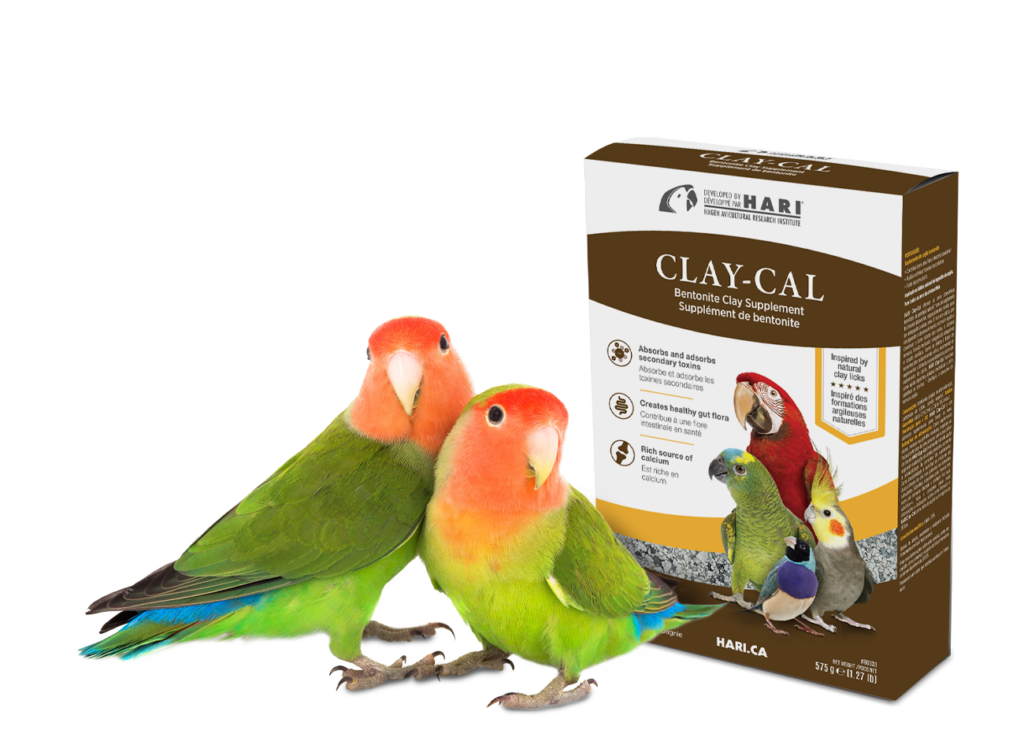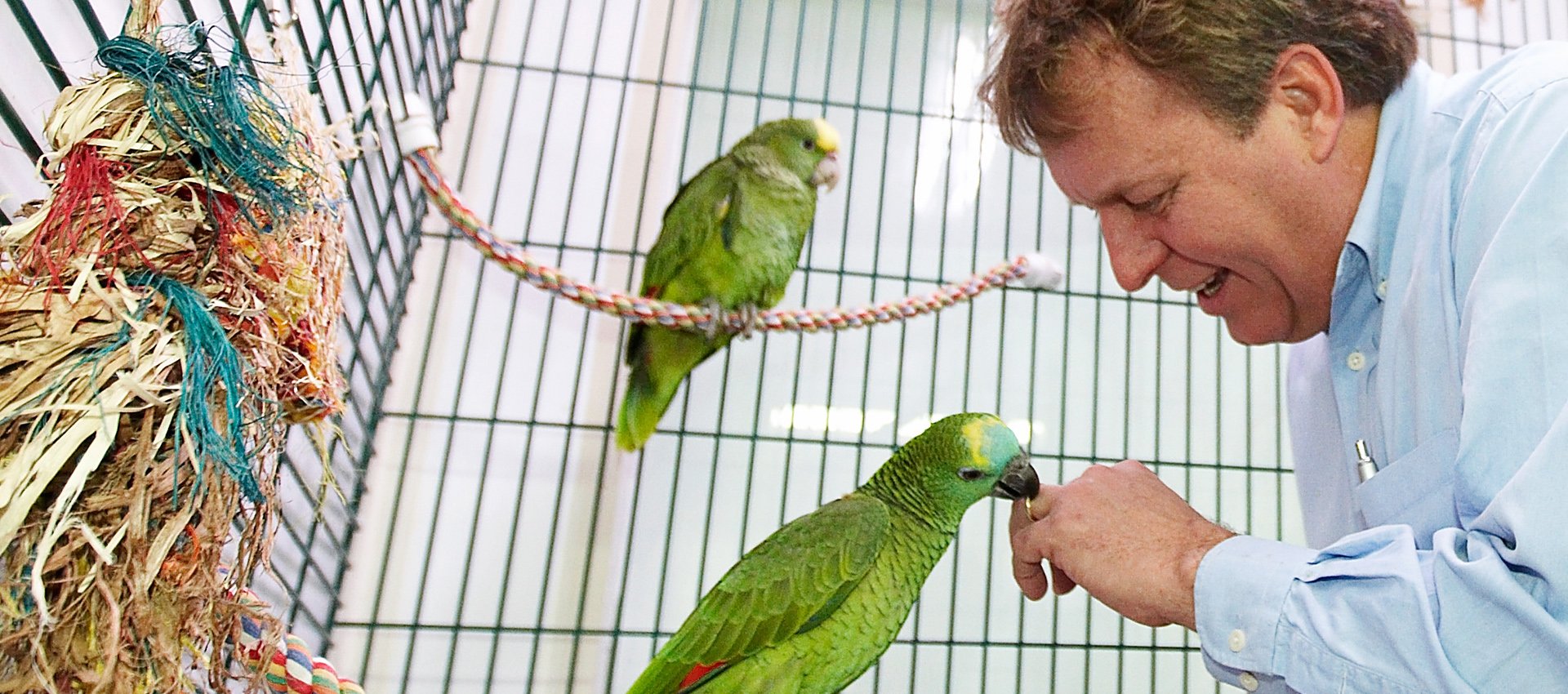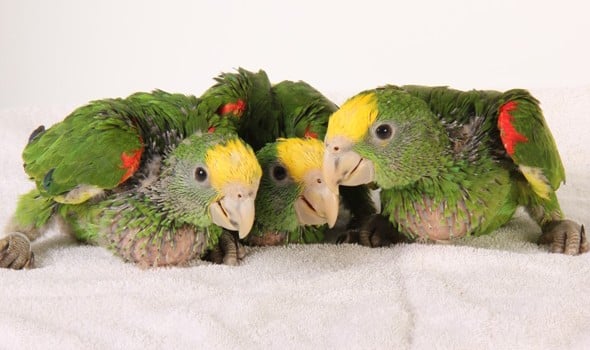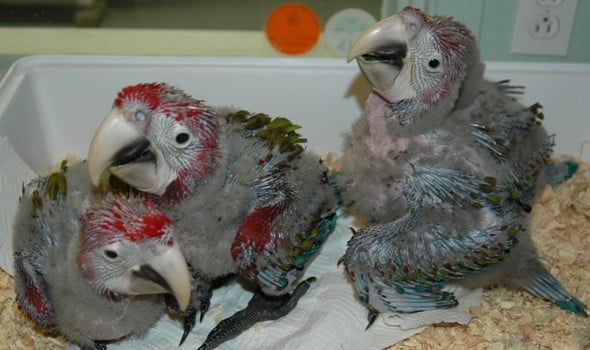Your cart is currently empty!
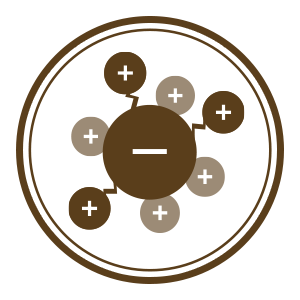
Absorbs and Adsorbs Secondary Toxins
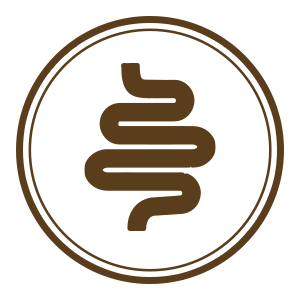
Creates Healthy Gut Flora

Rich Source of Calcium
Available Products
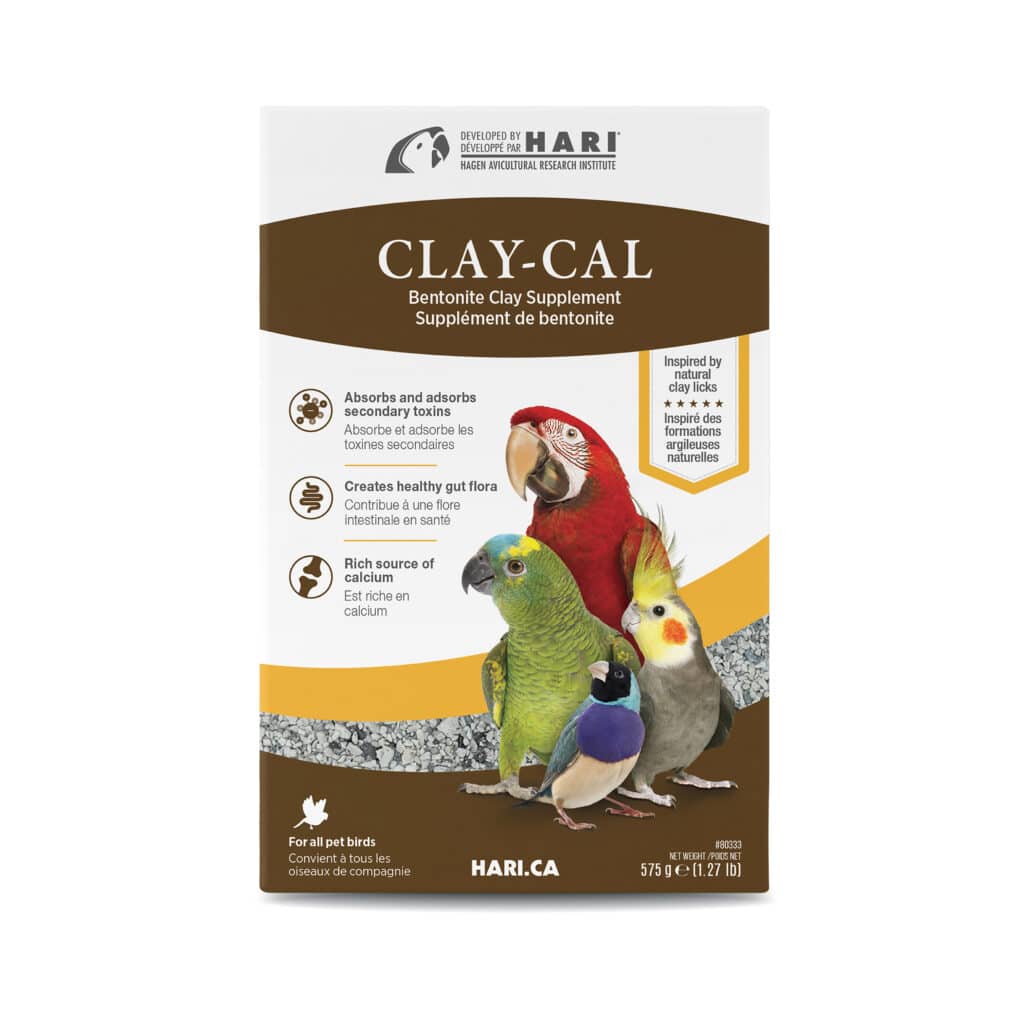
Clay-Cal
Calcium-Enriched Bentonite Clay Supplement for Birds
Clay-Cal bentonite clay supplement offers companion bird’s the benefits of natural geophagy (the consumption of soil or clay for dietary benefit), in a readily available supplement, specifically milled to be suitable for companion birds.
Keep Learning
Clay-Cal Supplement for Birds
Calcium-Enriched Bentonite Clay Supplement
Why Do Parrots Eat Clay?
Have you ever wondered why parrots eat clay? While there are several theories, the most widely accepted one is that they do it to neutralize toxins that are present in the fruits, seeds, and flowers they consume. These toxins are natural, biological toxins that plants use as protection. The minerals from the clay help to counteract these toxins.
Another hypothesis is that parrots eat clay to supplement vital minerals they lack in their plant-based diet, such as sodium. Sodium is critical for nerve function and muscle contraction. Research shows that parrots visit areas with high soil sodium levels, indicating that they seek out clay as a dietary supplement. This is especially true during the breeding season when there is a higher demand for sodium and calcium. Interestingly, it was shown that all species at the research sites fed the clay to their chicks.
To ensure that your parrot receives a well-rounded diet, it’s important to use healthy and safe food and supplements. HARI is here to help parrot owners bridge the nutritional gap in their homes and provide their birds with optimal nourishment.
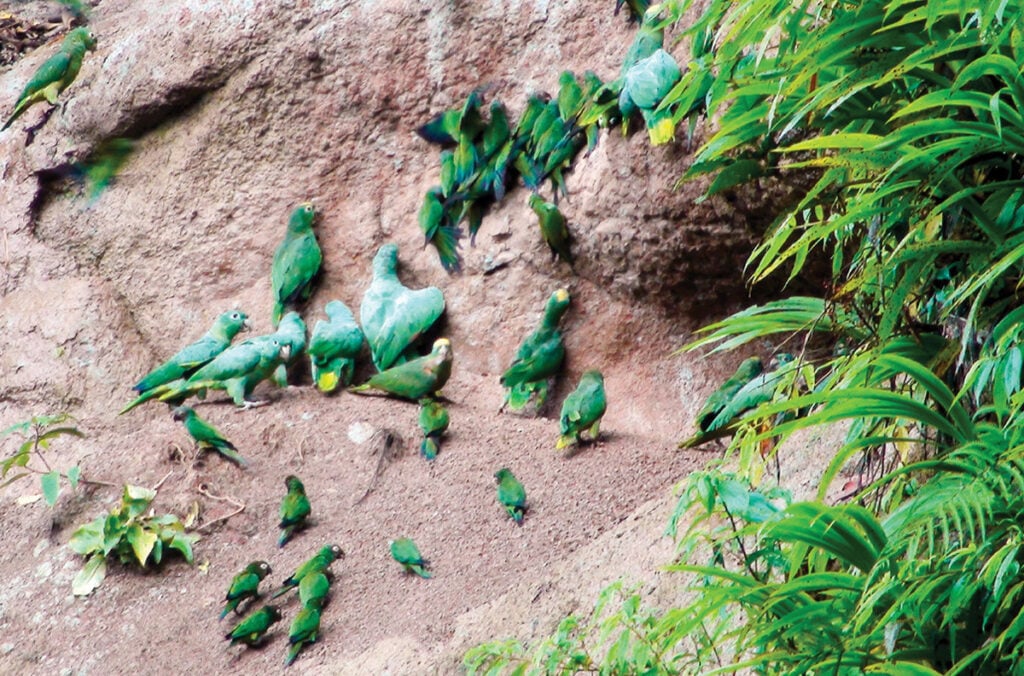
Do Companion Birds Need a Detox?
Most responsible bird-keepers provide their pets with a healthy diet and safe living quarters, free of toxic substances and poisonous plants. But is it enough to protect companion birds from dietary toxins? Unfortunately, the answer is no. Just like humans, companion birds can be exposed to harmful substances that can affect their health. For instance, even when vegetables and fruits are cleaned properly, it’s impossible to remove all fungi and bacteria from them. Birds that chew on wood toys, branches, or perches are also at risk of ingesting fungi, bacteria, tannins, and other undesirable substances.
Clay-Cal can help birds deal with casual exposure to these impurities that often go unnoticed by passing through the bird’s system and collecting any toxins or impurities along the way. While it cannot reverse the effects of severe toxic exposure, Clay-Cal can help birds manage the occasional exposure that often goes unnoticed in everyday life. Unlike grit, Clay-Cal won’t have an impact on the crop, making it a safe and effective option for your companion bird.
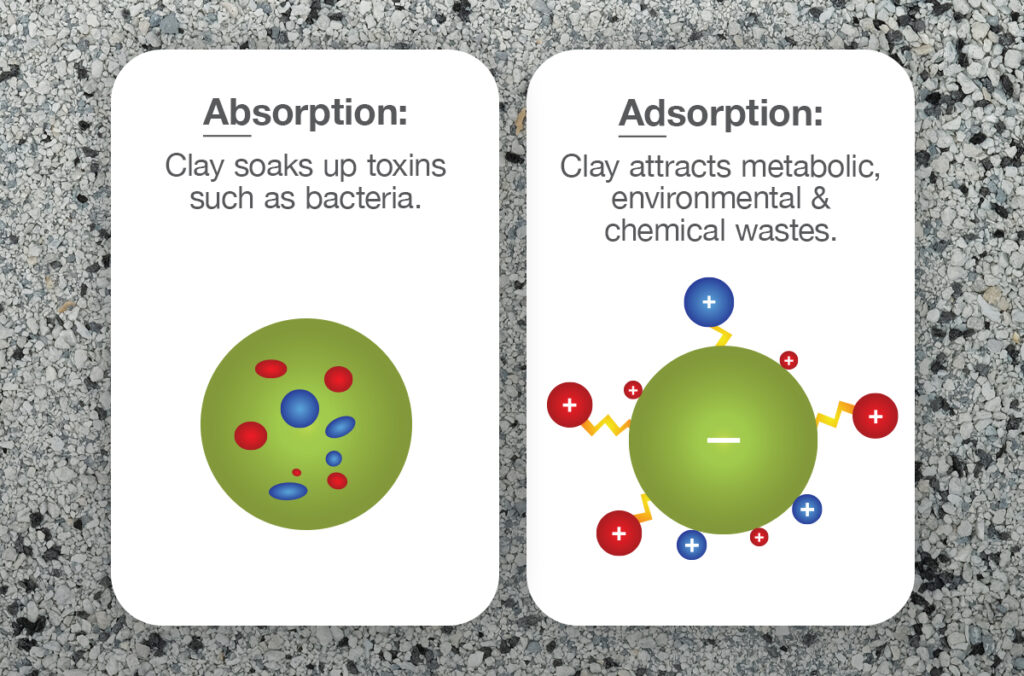
Calcium is an Essential Component for Your Bird’s Health
As seed-based diets are often low in calcium, it is important to supplement with a calcium-rich option like Clay-Cal. This will help with healthy bone development and assist in maintaining the normal function of feathers, the nervous system, muscles, blood clotting, and cardiac function. By providing essential calcium through Clay-Cal, your bird can improve their bone and feather development.
Calcium plays a vital role in the creation of strong bones and feathers, and it may also aid in reducing feather plucking. In breeding birds, calcium plays an integral role in building strong eggshells and reducing egg binding.
Some of the signs of calcium deficiency in birds to look out for include:
- Eggs with soft or thin shells, or with a chalky texture
- Egg binding, which occurs when the bones do not provide sufficient calcium to form the egg. This can cause the nerves and muscles to malfunction
- Poor nerve and muscle function, leading to difficulty flying, drooping wings, and splayed legs
- Behavioural changes, such as fear, aggression, or self-mutilation
- Poor coordination, difficulty perching, and trouble landing
- Loss of vitality
It’s important to remember that lethargy in birds may prevent them from exhibiting some of these symptoms, and if you see any of the above signs, please consult a qualified veterinarian.
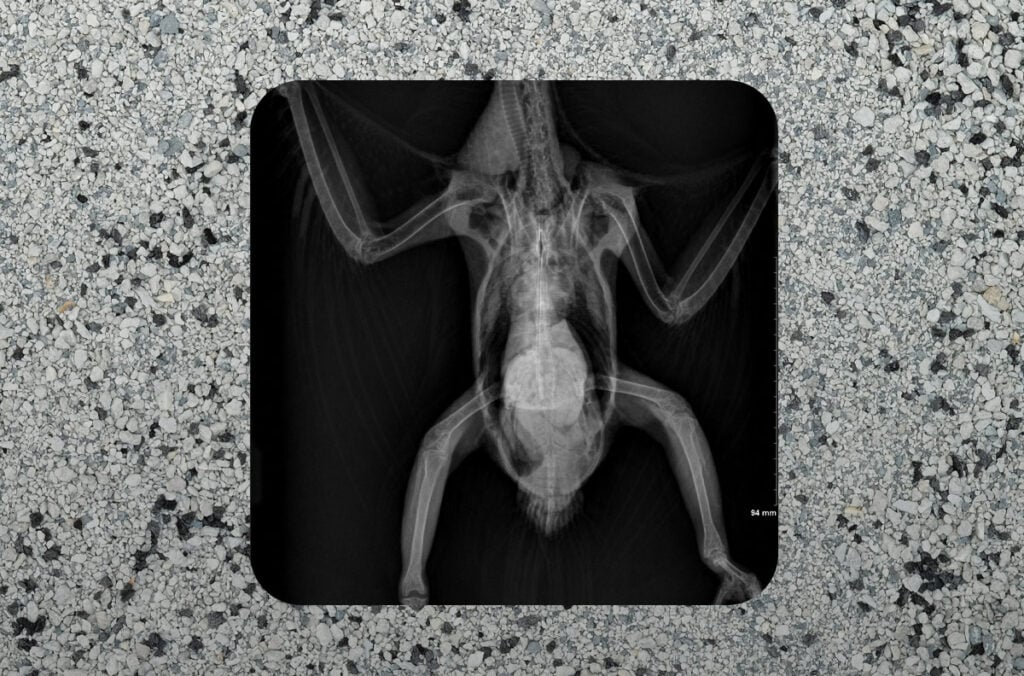
For Healthy Gut Flora
Clay-Cal helps in the creation of healthy gut flora. The montmorillonite clay present in the supplement has superior cation properties, which help to neutralize the pH of the digestive system. By doing so, it can help to bind toxins and other impurities present in the gut, making it easier for the bird to digest food and absorb nutrients.
Bentonite clay, which is an essential ingredient in Clay-Cal, has strong adsorptive and absorptive properties that make it an ideal detoxifier. It can help to remove toxins, bacteria, and other impurities from the body. Additionally, it also acts as an alkalizing agent, which can help maintain the body’s pH level, making it easier for birds to remain healthy and resist disease.
Clay-Cal is specially milled for parrot and passerine consumption and combines calcium with charcoal. The combination of these ingredients makes it a powerful supplement that can help to improve the overall health and well-being of your feathered friend.
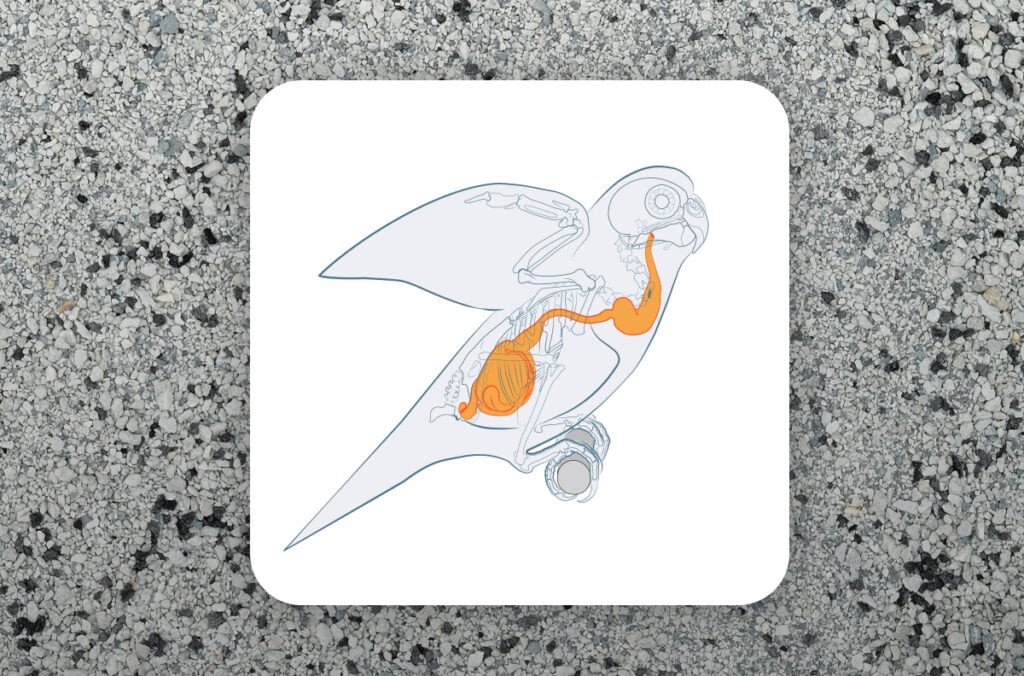
Did You Know?
Clay-Cal Calcium Enriched Clay Supplement…
- Is made from a blend of European Bentonite (Montmorillonite) Clay Granules, Charcoal and Calcium mixed at a healthy ratio to promote optimal benefits
- Provides supplemental minerals that may be lacking in the routine diet
- Has the ability to adsorb toxic secondary compounds found in plant foods
- Protects the gastrointestinal tract from chemical and biological irritation, guarding against gastrointestinal disease
- Elevates the pH factor in the digestive system to promote good health and resist disease
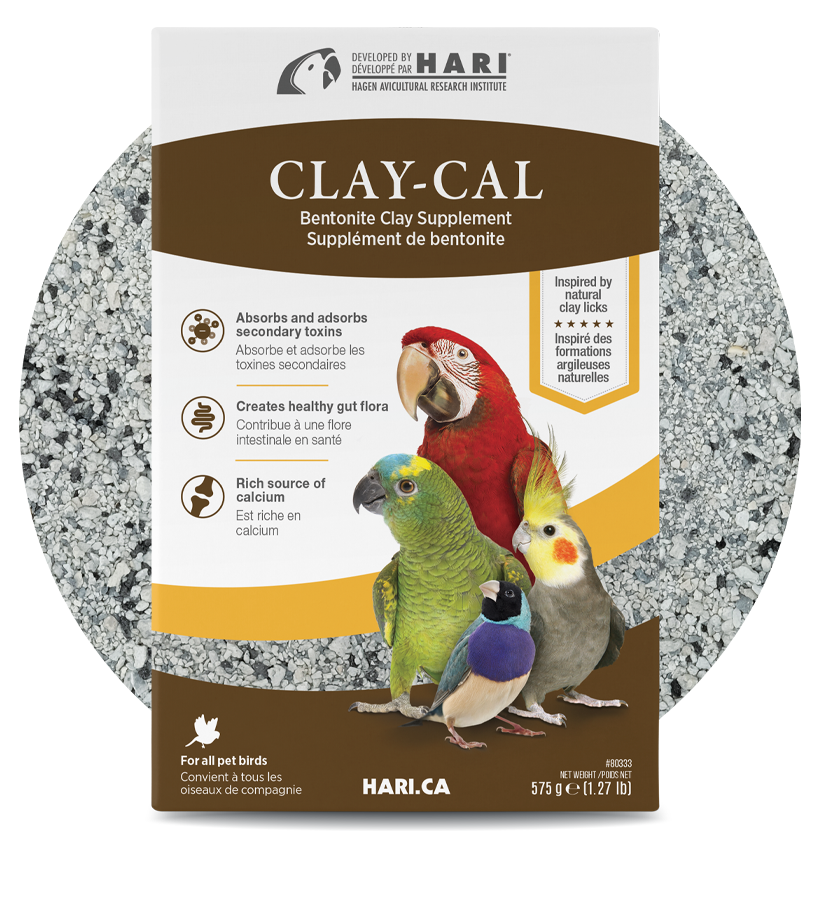
- Combines the detoxifying benefits of bentonite clay and charcoal, making it a powerful tool for countering dietary toxins by binding toxic chemicals and bacteria
- Is for companion birds who regularly chew and shred fresh tree branches, which can contain tannins with secondary compound toxins
- Offers a healthier alternative to common gravel-grit
- Acts as an antacid, protecting the gut lining from corrosion and improving food intake
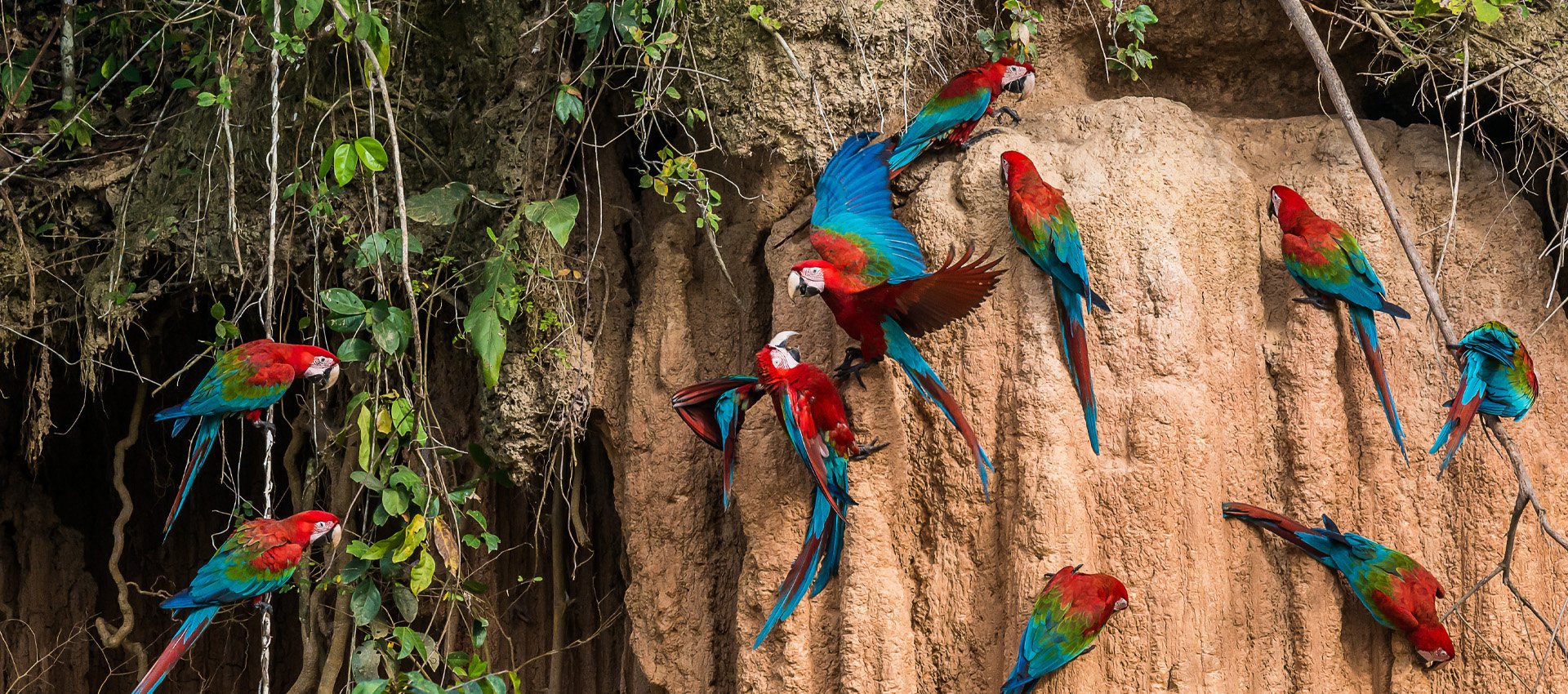
Specifications
- Companion Birds challenged with malnutrition
- Companion Birds that consume fruits and vegetables with trace amounts of secondary toxins
- Companion Birds that have excessive tannin ingestion from chewing wooden items
- Breeding birds
- Companion Birds transferring to new home or environment
- Companion Birds showing lack of vitality
Bentonite (montmorillonite clay), calcium carbonate, charcoal.
Calcium (min.) 7.5%, Calcium (max.) 8.0%
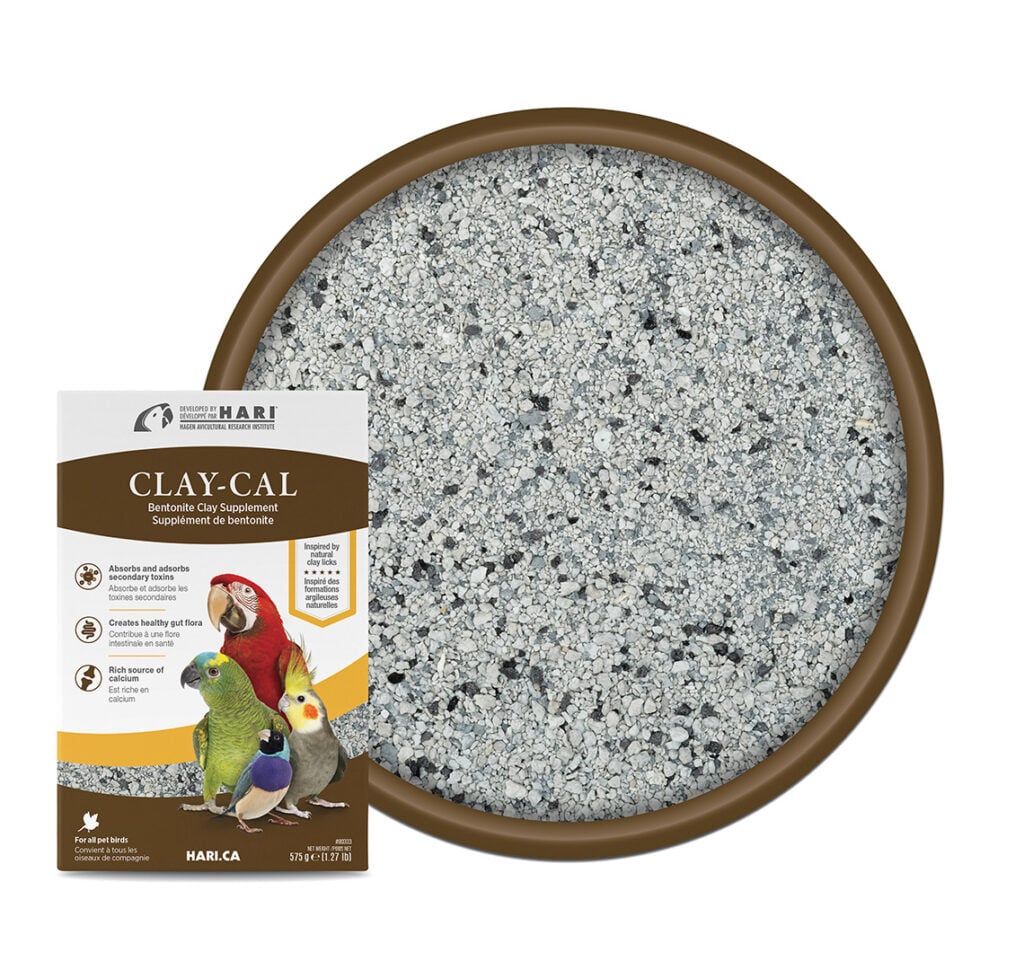
Clay-Cal Clay Supplement
80333 – 575 g (1.27 lb)
Once opened, store in a cool, dry place.
Manufactured in a facility that packages products containing known priority allergens.
Feeding Guide
Instructions for Daily Use of Clay-Cal Supplement for Birds
Follow these guidelines when using Clay-Cal as a daily supplement for your bird:
- In a plastic or ceramic dish* mix or sprinkle 1 teaspoon (5ml) of Clay-Cal onto your bird’s preferred greens, vegetables, and/or fruits. Moist food helps the absorption of the clay and increases the benefits of cationic activity, while also ensuring that the supplement will be consumed.
- Alternatively, you can sprinkle or mix up to 2 teaspoons (10 ml) with extruded pellets or seeds.
- For passerines such as finches and canaries, or budgies, an additional bowl can be used for free feeding.
- Replenish the supplement at least three times per week and replace when soiled.
Clay-Cal is a soluble clay and not to be confused with traditional grit products that cause crop impaction.
It’s important to remember that while Clay-Cal can be beneficial, it’s not a substitute for medical attention. Consult with an avian veterinarian if your bird shows any signs of illness. Additionally, Bentonite clay can interfere with medications prescribed by your vet, so be sure to check with them if your bird is on medication.
*Metal spoons and bowls may react with the clay reducing some of its healing properties.
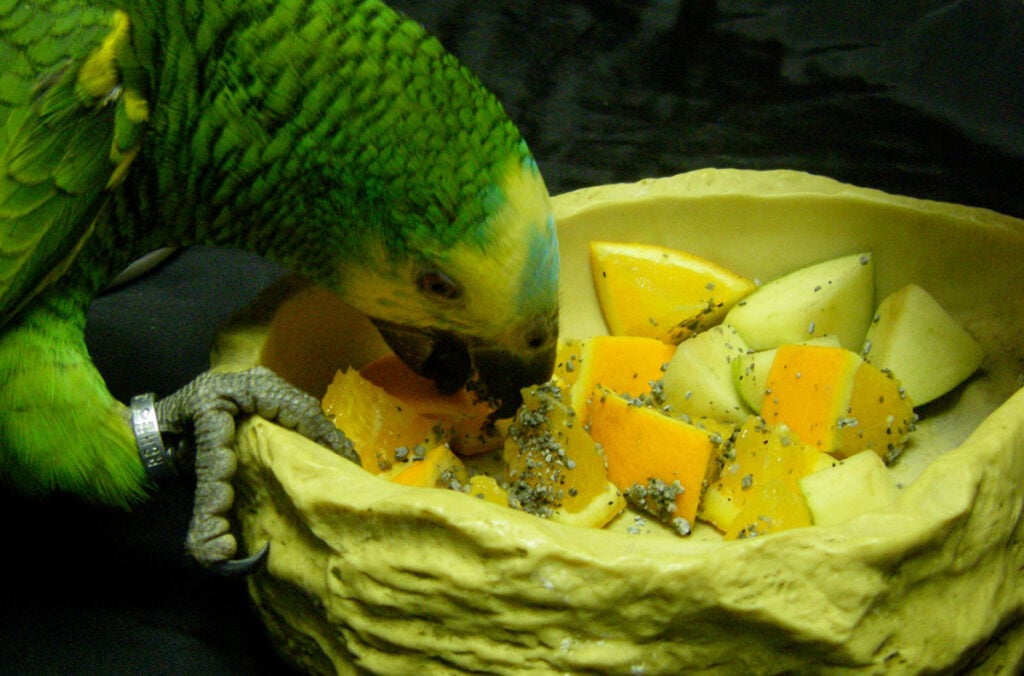
The Clay-Cal 21 Day Clay Milk Detox Regimen for Your Bird
Looking to detox your bird? Try the HARI Clay-Cal 21-day Clay Milk detox regimen – a fantastic option for revitalizing your feathered companion. Simply mix a teaspoon (5 ml) of HARI Clay-Cal with 125 mL (1/2 cup) of water using a plastic or non-metallic spoon. Allow the mixture to settle overnight, and you will soon notice that the “mud” settles at the bottom and the “clay milk” rises to the top. Pour the “clay milk” into a non-metallic bowl and serve it to your bird. Be sure to change the water every day and repeat the process for three weeks. Save the “mud” (see advanced uses).
It’s important to remember that while Clay-Cal can be beneficial, it’s not a substitute for medical attention. Consult with an avian veterinarian if your bird shows any signs of illness. Additionally, Bentonite clay can interfere with medications prescribed by your vet, so be sure to check with them if your bird is on medication.
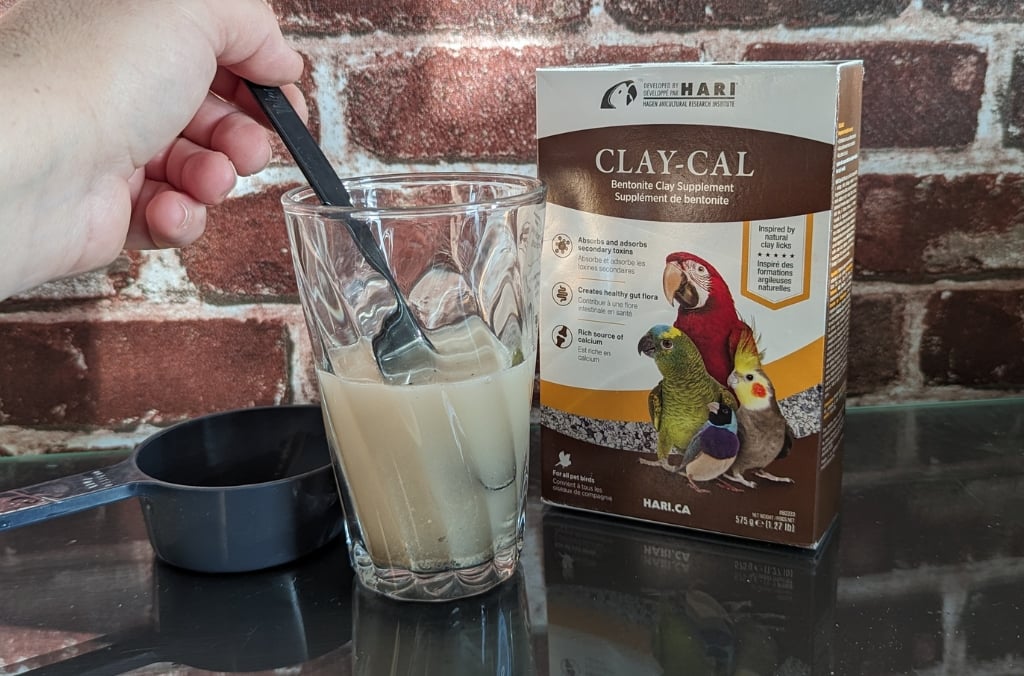
Advanced Applications of Clay-Cal: Mud Poultice for Wounds
If you’re looking for a natural and effective way to treat minor wounds, consider using Clay-Cal. This powerful mixture of water and clay serves as a soothing and healing “bandage” for your feathered friends. Applied as a poultice, it’s especially beneficial for toes and wing injuries that are typically difficult to bandage. As the mud dries, it draws out toxins to promote faster healing. Even if your bird picks at the drying clay, there’s no need to worry – Clay-Cal is healthy and non-toxic for birds. Clay-Cal can be used to treat dermatitis and skin infections, reduce inflammation and provide antifungal benefits.
Recovery of a Wounded Parrot
This bird suffered a minor injury that needed medical attention (see images to the right). The bird was provided with appropriate veterinary care and administered Meloxicam to alleviate inflammation and discomfort. To aid in the healing process, a Clay-Cal poultice was applied to the wound. Within two days, the inflammation had subsided, and the wound was healing well. By day five, the wound was almost completely healed.
How to Use as a Bandage for Wound Healing
To apply Clay-Cal, mix it with a little bit of water to create a paste and smooth it over the affected area. Once applied, do not remove the Clay-Cal as this could remove the scab and new skin that has formed underneath. Instead, let it remain in place to act as a protective bandage.
Clay-Cal: A Must-Have Item in Your Bird’s Emergency First Aid Kit
It’s important to keep in mind that while Clay-Cal is highly effective, it’s still necessary to seek medical attention and follow a veterinarian’s prescription for your bird’s safety. However, Clay-Cal is a helpful addition to your kit and can be used to treat wounds in emergency situations.
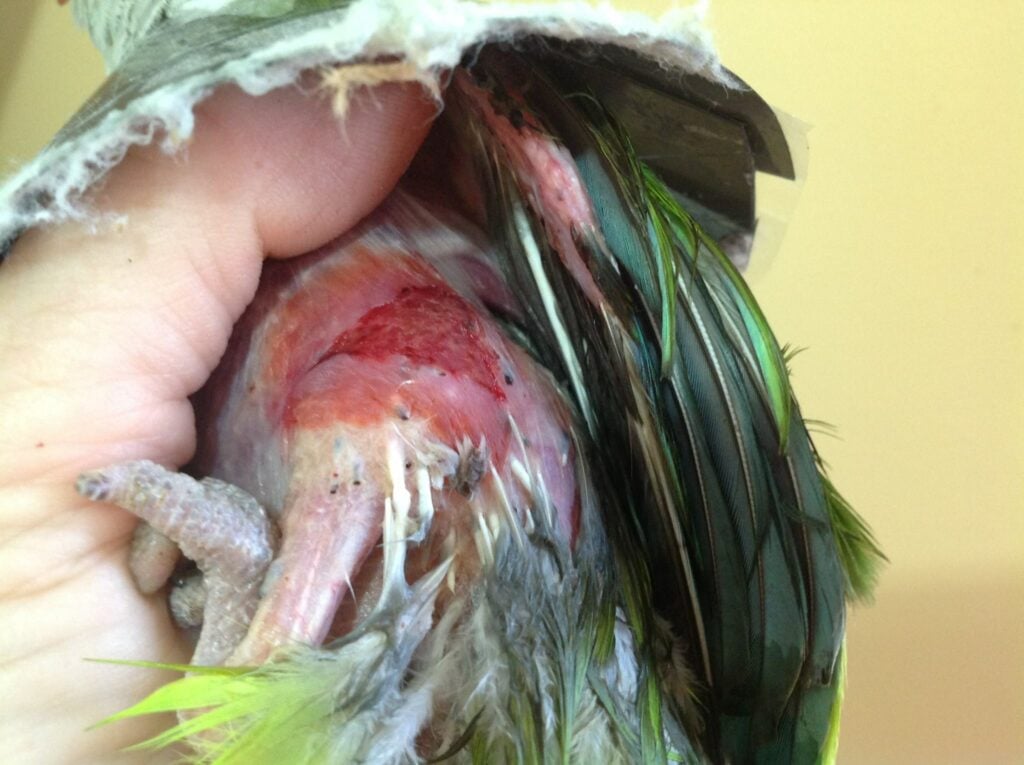
1. Initial wound
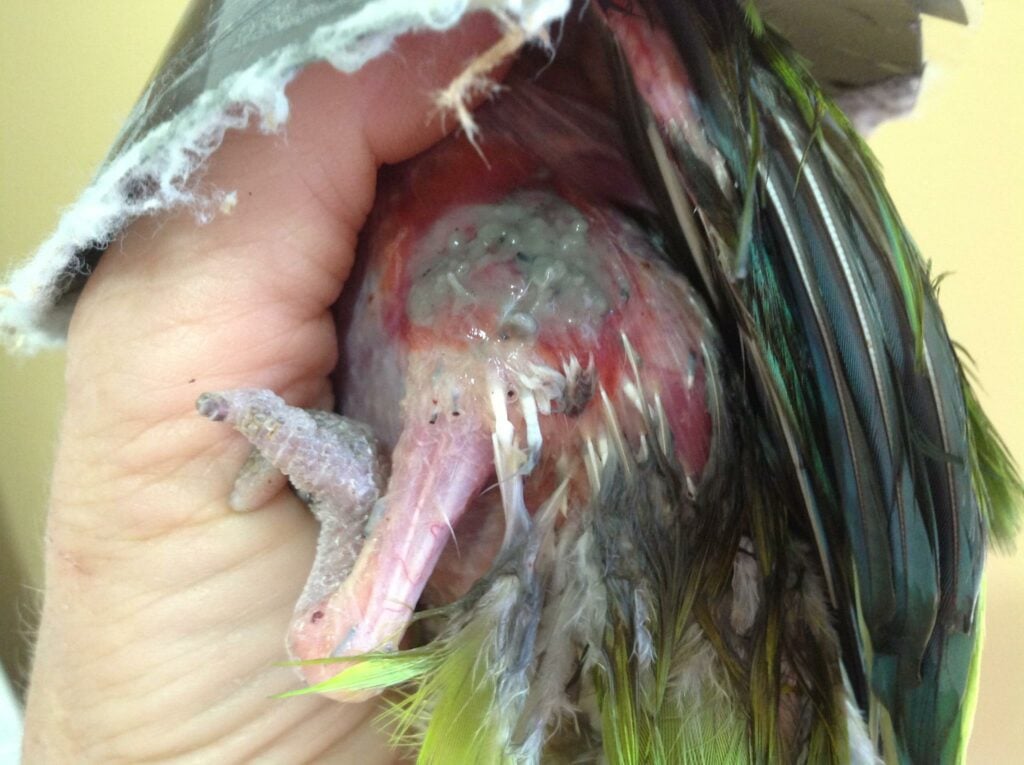
2. Application of Clay-Cal
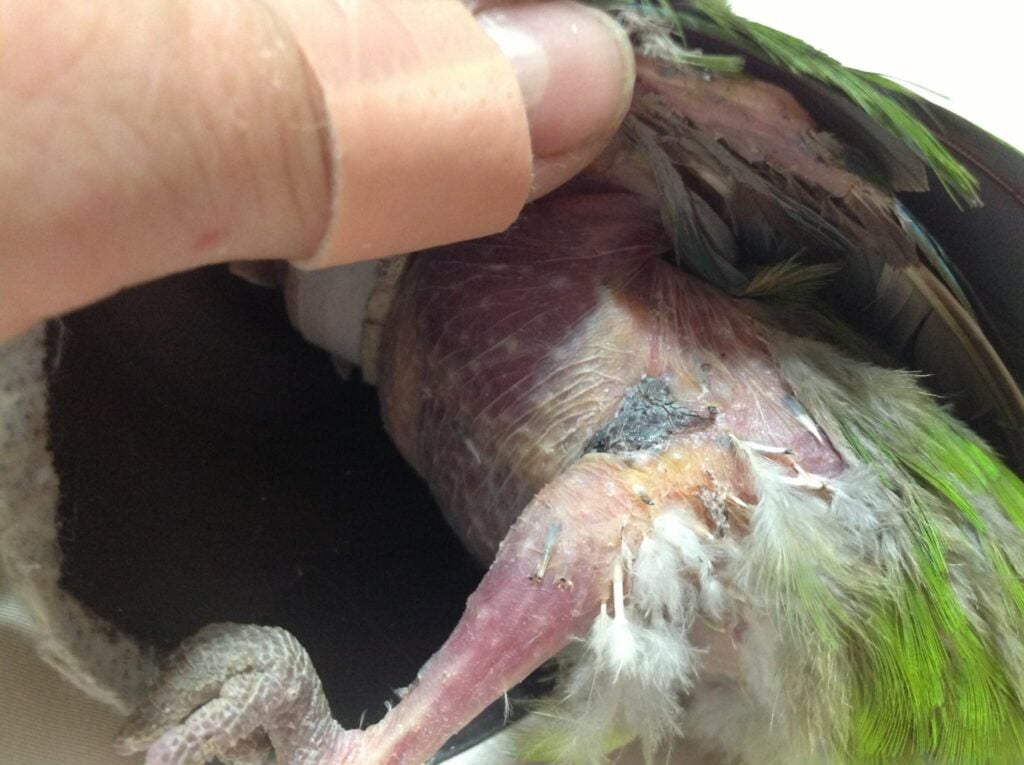
3. Two days with Clay-Cal poultice, no more inflammation and healing is visible
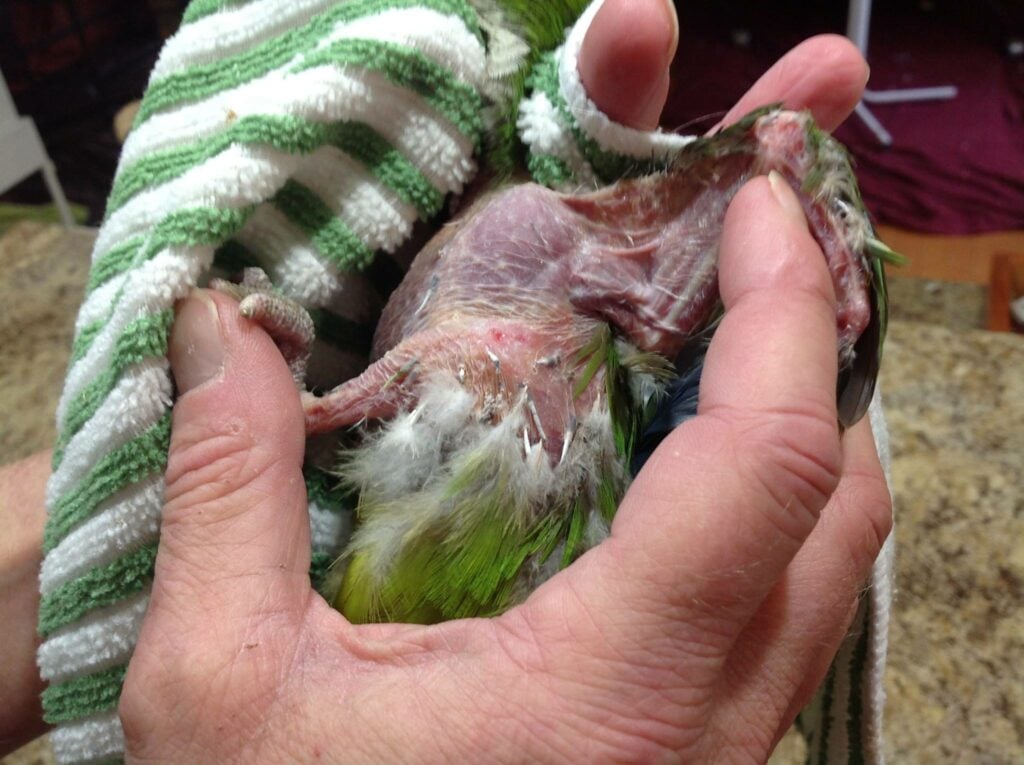
4. Five days later with the wound almost completely healed
Feeding Resources
Companion Parrot Weight Chart
Keeping track weekly of your birds weight
is vital to their overall health.
Extruded Diet Conversion Guide
Helpful tips and methods to transition your bird
to a balanced extruded diet.
Feeding Recommendations
Do you know the daily recommended
amount of food for your bird?
Want to Know More?
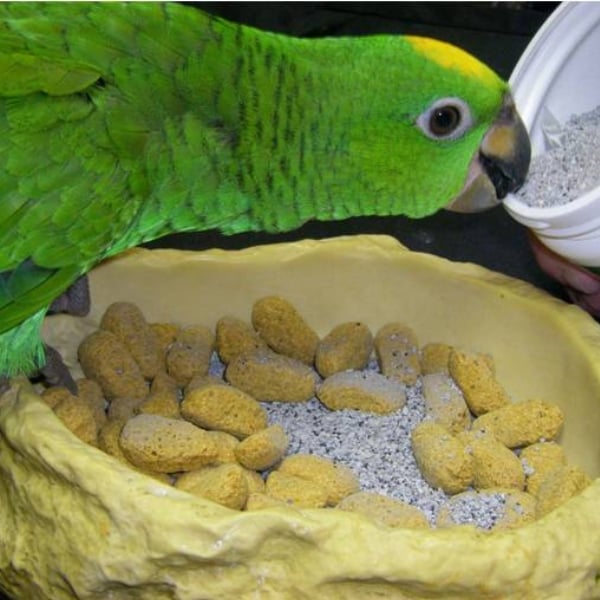
Learn More About Foraging Strategies with Clay-Cal
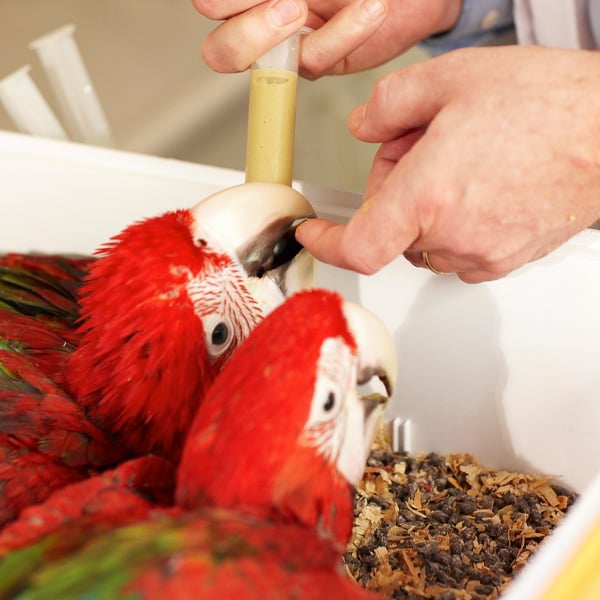
Avian Nutrition: Trends & Philosophies
Proudly Canadian Made
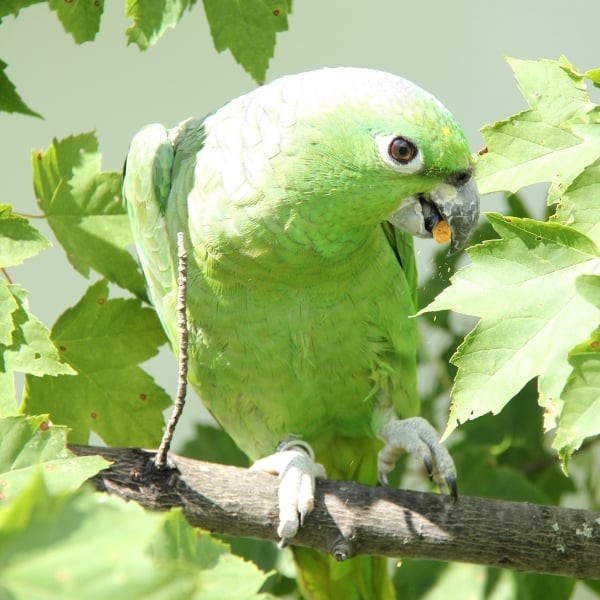
Years of Formulating and Field Testing at HARI
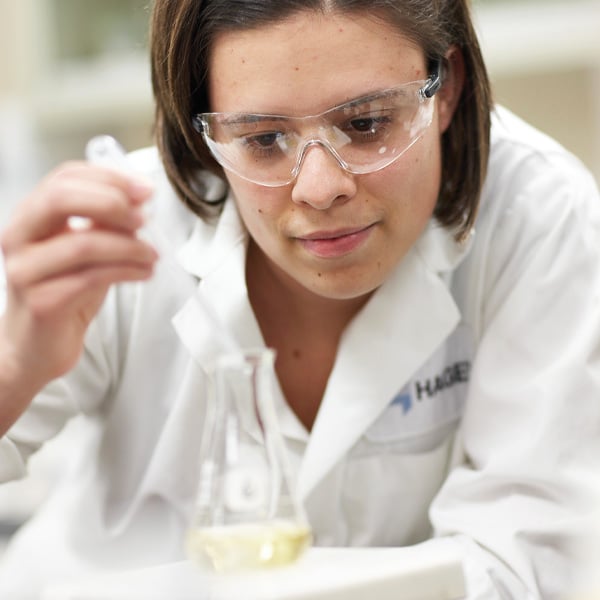
Related Articles
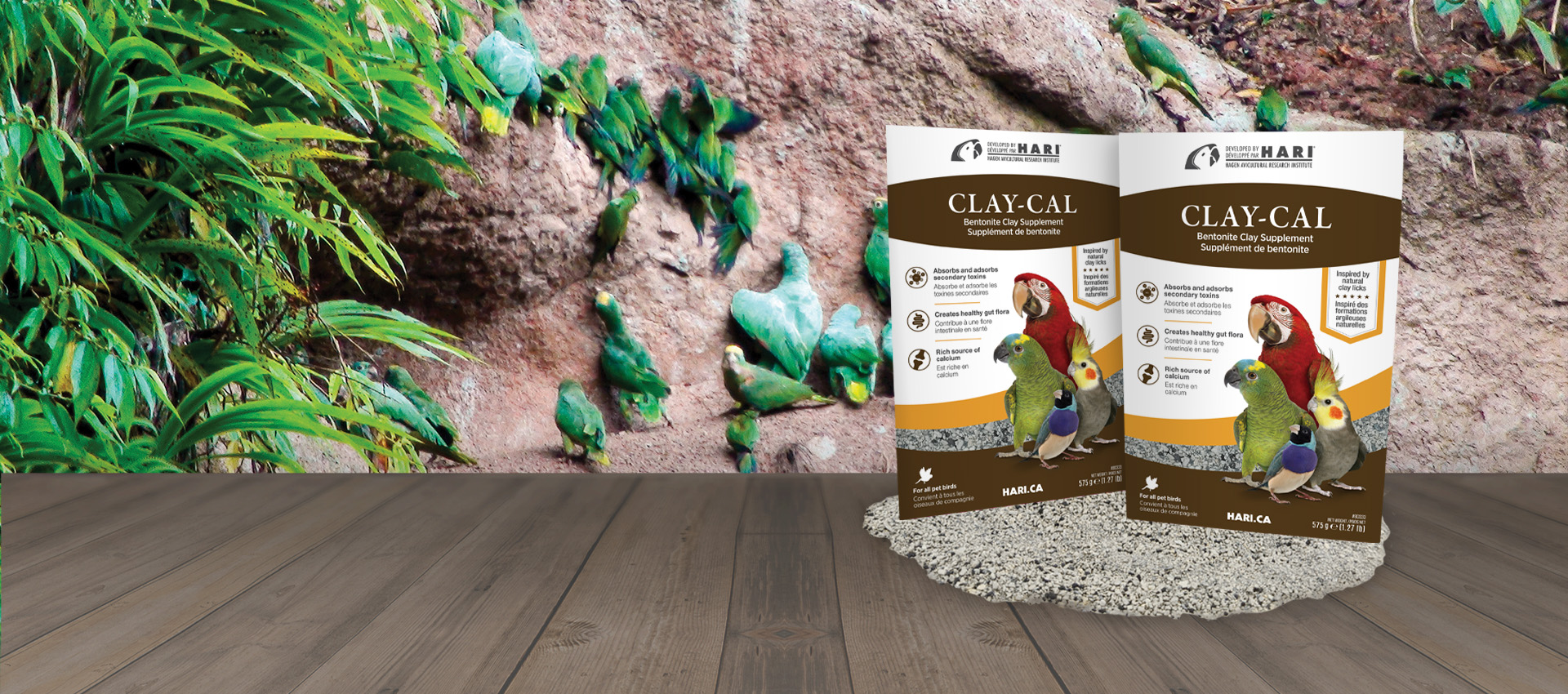
Clay-Cal Bentonite Clay Supplement
With Clay-Cal, companion birds can enjoy the advantages of natural geophagy in a readily available supplement that is specifically milled to be suitable for them.

